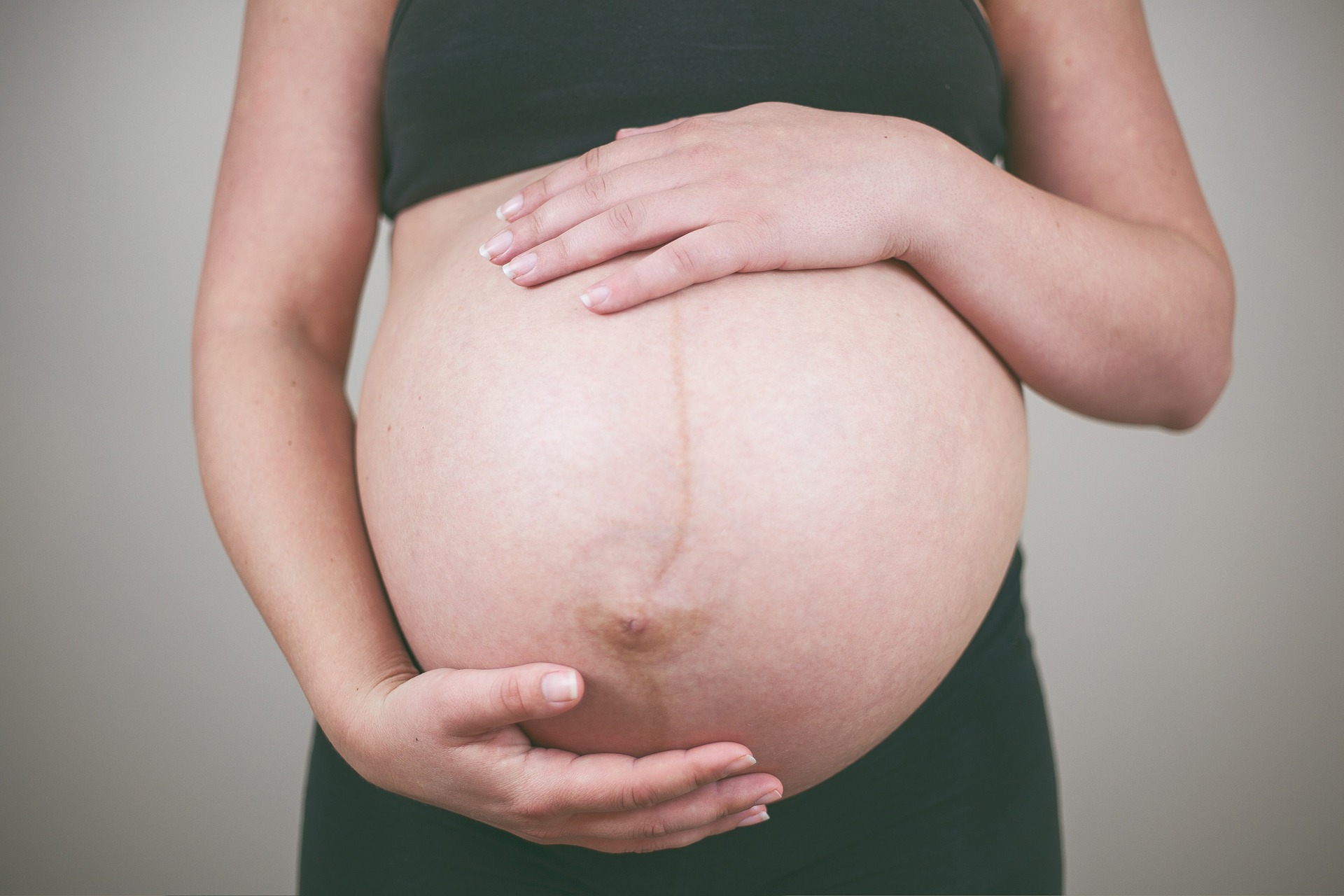News release
From:
Examining Antidepressant Use During Pregnancy With Risk of Neurodevelopmental Disorders in Children
JAMA Internal Medicine
About The Study: Researchers found in this study including 145,000 pregnancies that antidepressant exposure during pregnancy was not associated with autism spectrum disorder, attention-deficit/hyperactivity disorder, specific learning disorders, developmental speech/language disorders, developmental coordination disorders, intellectual disabilities, or behavioral disorders after accounting for confounding through various design and analytic approaches.
Authors: Elizabeth A. Suarez, M.P.H., Ph.D., of Brigham and Women’s Hospital and Harvard Medical School in Boston, is the corresponding author.
(doi:10.1001/jamainternmed.2022.4268)
Editor’s Note: Please see the article for additional information, including other authors, author contributions and affiliations, conflict of interest and financial disclosures, and funding and support.
# # #



 International
International



